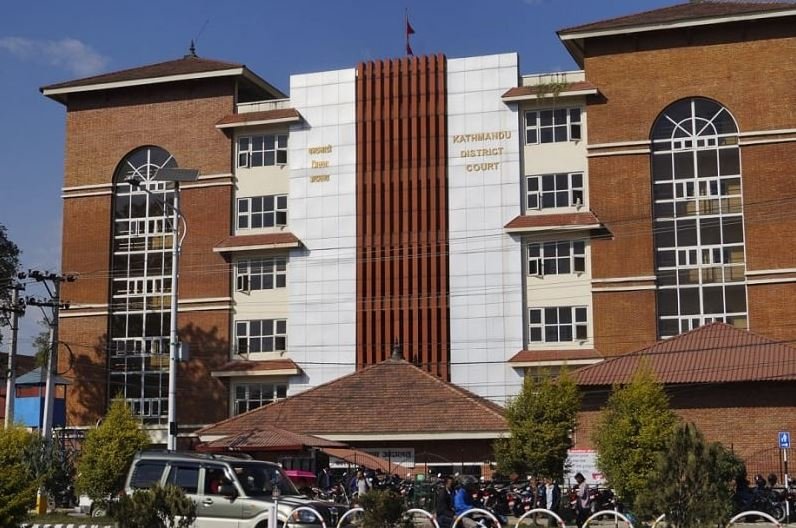Court rules Marwadi Sewa Samiti has no claim over Gaushala Dharamsala

Kathmandu, November 13 — The Kathmandu District Court has made public the full text of its ruling on the dispute concerning the Gaushala Dharamsala (cattle shelter) under the Pashupati Area Development Trust (PADT).
The full text of the ruling, delivered by District Judge Kamal Prasad Pokharel on October 2, 2024, was recently made available. In the judgment, it was explained that the Marwadi community has no legal claim to any rights over the Gaushala Dharamsala.
The ruling states that Marwadis do not have any permanent occupancy rights, and that, under the terms of the agreement, the PADT has the right to terminate the contract if the terms are not followed.
Sections 23, 24, and 25 of the ruling provide a detailed explanation of the dispute between the Marwadi Sewa Samiti (MSS) and the PADT. The District Court had earlier rejected the claim filed by Pramod Agrawal of the Marwadi Sewa Samiti, stating that it was not valid.
Before the full text of the judgment was made public, there had been a prolonged conflict between the Marwadi Sewa Samiti and the Kathmandu Metropolitan City over the issue of vacating the Dharamsala. The dispute had also involved Kathmandu Mayor Balen Shah and Prime Minister KP Sharma Oli.
The full ruling clarifies that the Marwadi Sewa Samiti had already accepted that they had no permanent occupancy rights as per their agreements with the Pashupati Area Development Trust. The issue had been resolved earlier by the Supreme Court, and it was made clear that it could not be raised again.
The Marwadi Sewa Samiti had been paying only NPR 51,000 annually to the Pashupati Area Development Trust for the use of the land (over 9 ropanis in area) and the structures built on it. However, the court found this amount unreasonable.
The court further noted that the Marwadi Sewa Samiti had violated the terms of the agreement by making unauthorized commercial gains from the land without the PADT’s consent, including adding structures without proper approval or permits. The court found no evidence that the necessary official approval for these structures had been obtained.
The ruling stated, "Such activities are a violation of the agreement made with the PADT on June 5, 2003. The building of shops and leasing them for commercial purposes, the failure to disclose the income generated, and the lack of evidence that the property was used for non-profit and public service or religious purposes were all clear violations."
The court also pointed out that the agreement signed on June 5, 2003 did not specify an end date, and therefore, in the event of a breach of the agreement, the first party (Pashupati Area Development Trust) had the right to terminate the contract. The court ruled that the agreement could not be considered valid indefinitely under any circumstances.
The Marwadi Sewa Samiti had used the property for economic benefit contrary to the terms of the agreement and failed to provide an appropriate share to the defendant. The court ruled that the defendant could seek compensation if the Marwadi Sewa Samiti did not comply.
The court also noted that although the agreement had been in place for a long time, it had to be modified in line with the passage of time, as indicated by earlier Supreme Court rulings.
The claim that the contract should remain permanent and unalterable was deemed unreasonable by the court. The court rejected the Marwadi Sewa Samiti's argument that the agreement should be considered a permanent and unchangeable document, and instead concluded that the contract should be updated and properly implemented in accordance with current circumstances.









Leave Comment